BHM23 – Events to check out!
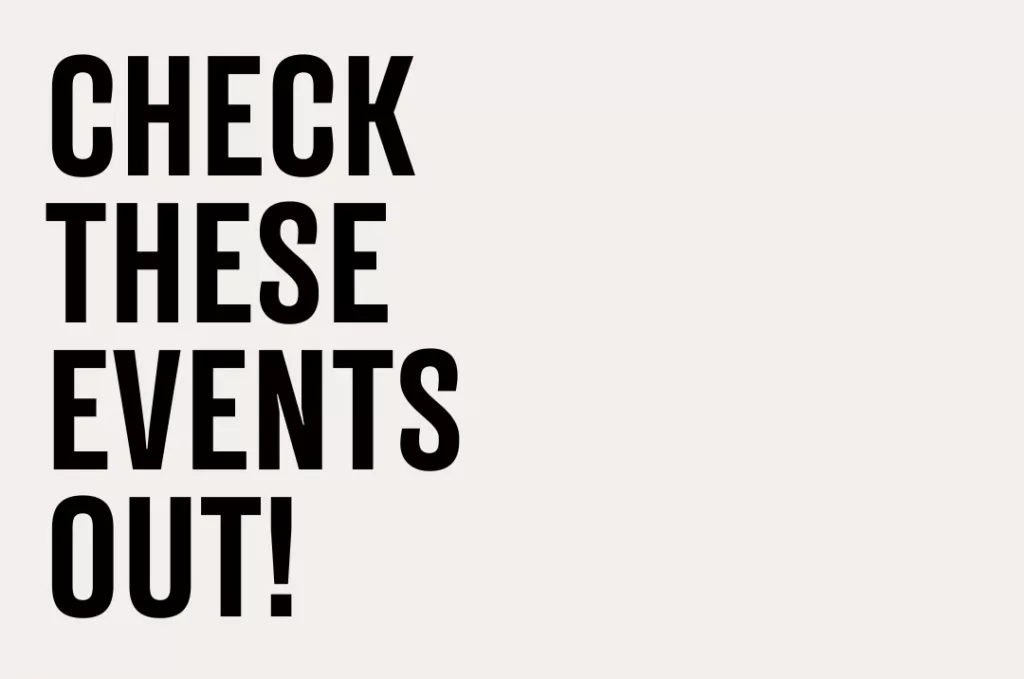
Black History Month 2023 – events you need to check out!We’d like to highlight some of the fantastic Black led events that we have here in Birmingham! ⭐ Wile OutRun by Soriah Lewin, this night is all about no boundaries and playing the music you don’t hear on a normal night out that you wish you […]
BHM23 – Companies to check out!
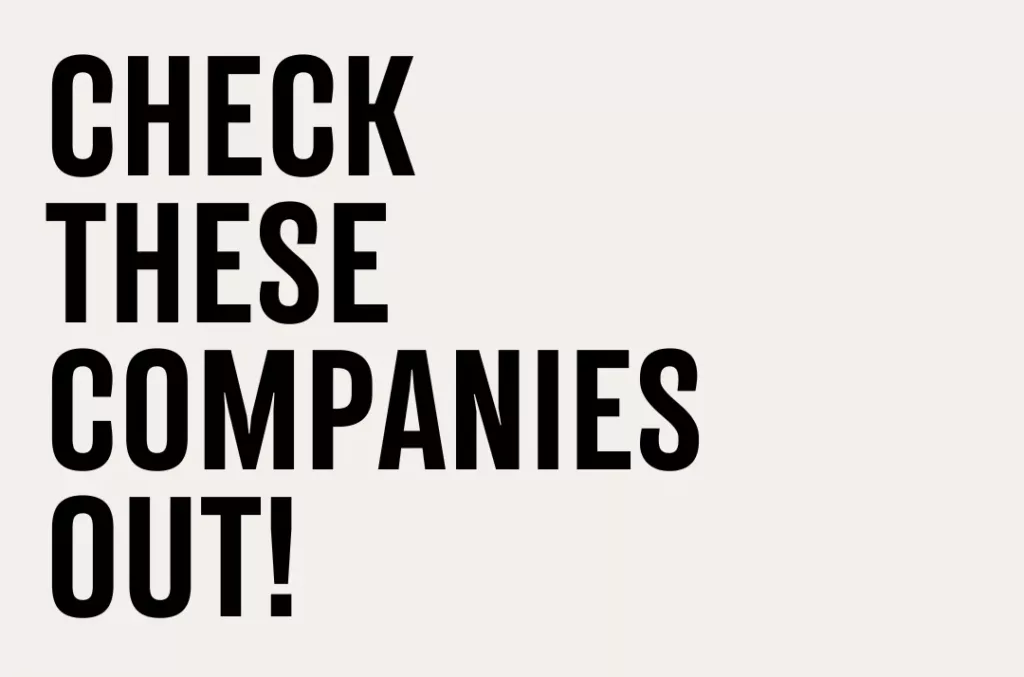
Black History Month 2023 – companies we think you need to check out!Here’s a spotlight on some of the fantastic companies that we have here in Birmingham. ⭐We don’t settleWe Don’t Settle is committed to working with communities of empowered young people who are minoritised by society, systems and structures. They cultivate creativity, embrace cultures, and […]
BLACK HISTORY MONTH 2023: COMMUNITY SPOTLIGHT ON CHAR BAILEY
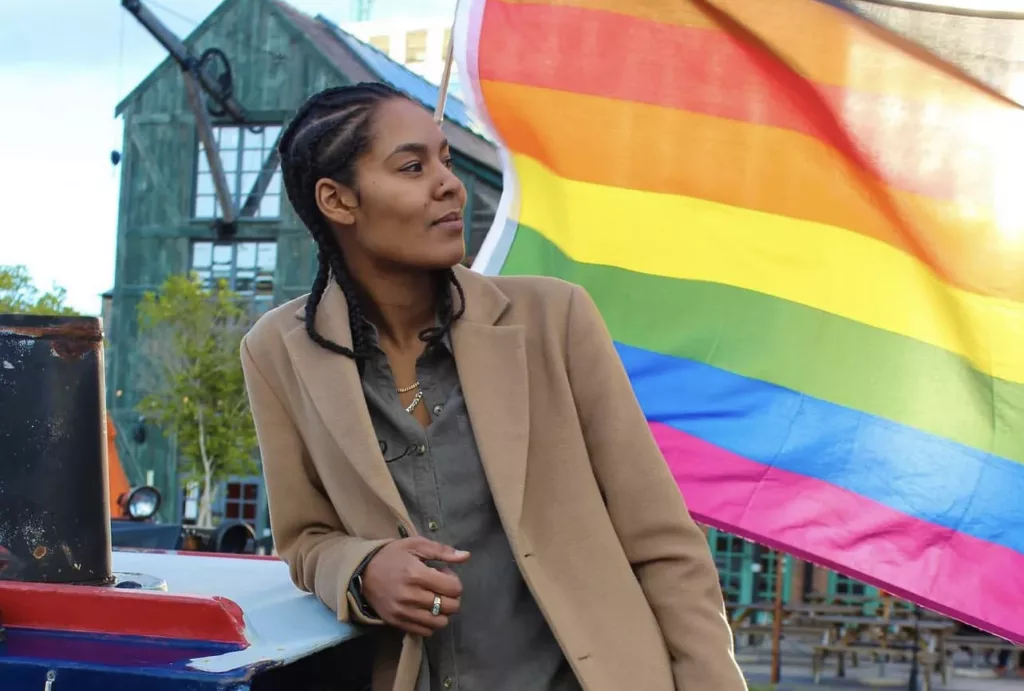
BLACK HISTORY MONTH 2023: COMMUNITY SPOTLIGHT ON CHAR BAILEY This month we are celebrating Black History Month UK with Birmingham Pride & SHOUT Festival. Follow us as we shine a spotlight on the incredible LGBTQ+ black individuals making moves in our community, as well as businesses, events and resources in our vibrant city. Meet Char […]
BLACK HISTORY MONTH 2023: COMMUNITY SPOTLIGHT ON KAYLEE GOLDING
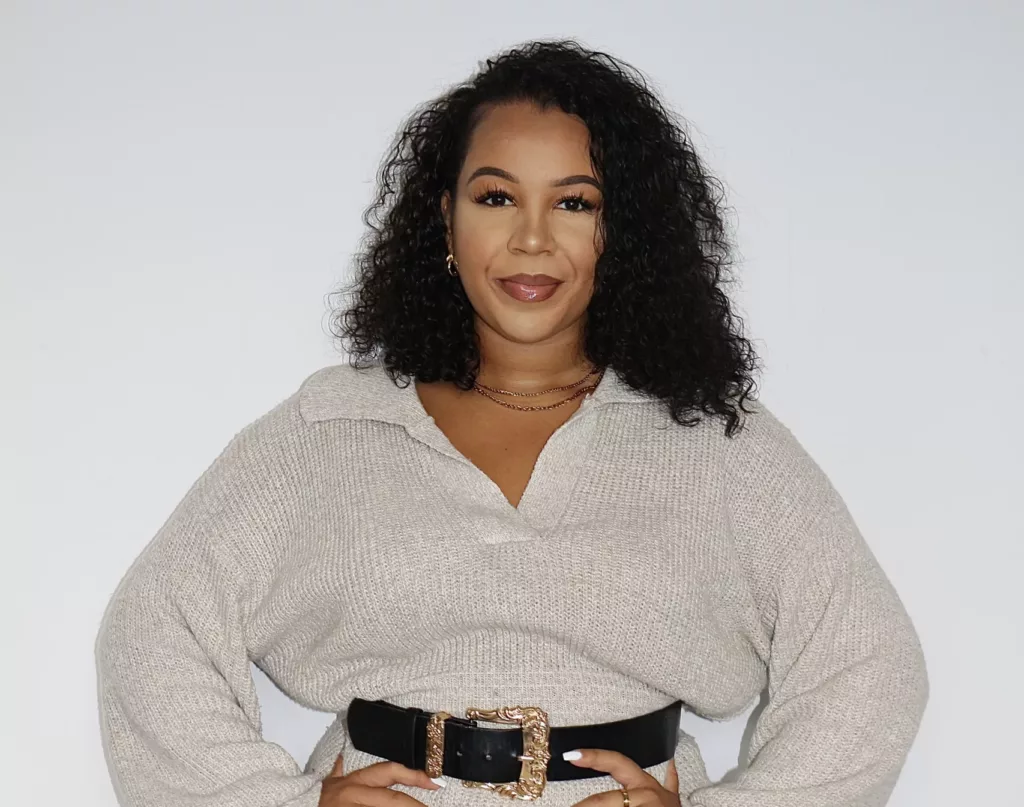
BLACK HISTORY MONTH 2023: COMMUNITY SPOTLIGHT ON KAYLEE GOLDING This month we are celebrating Black History Month UK with Birmingham Pride & SHOUT Festival. Follow us as we shine a spotlight on the incredible LGBTQ+ black individuals making moves in our community, as well as businesses, events and resources in our vibrant city. Meet Kaylee […]
BLACK HISTORY MONTH 2023: COMMUNITY SPOTLIGHT ON KRIS BROWN
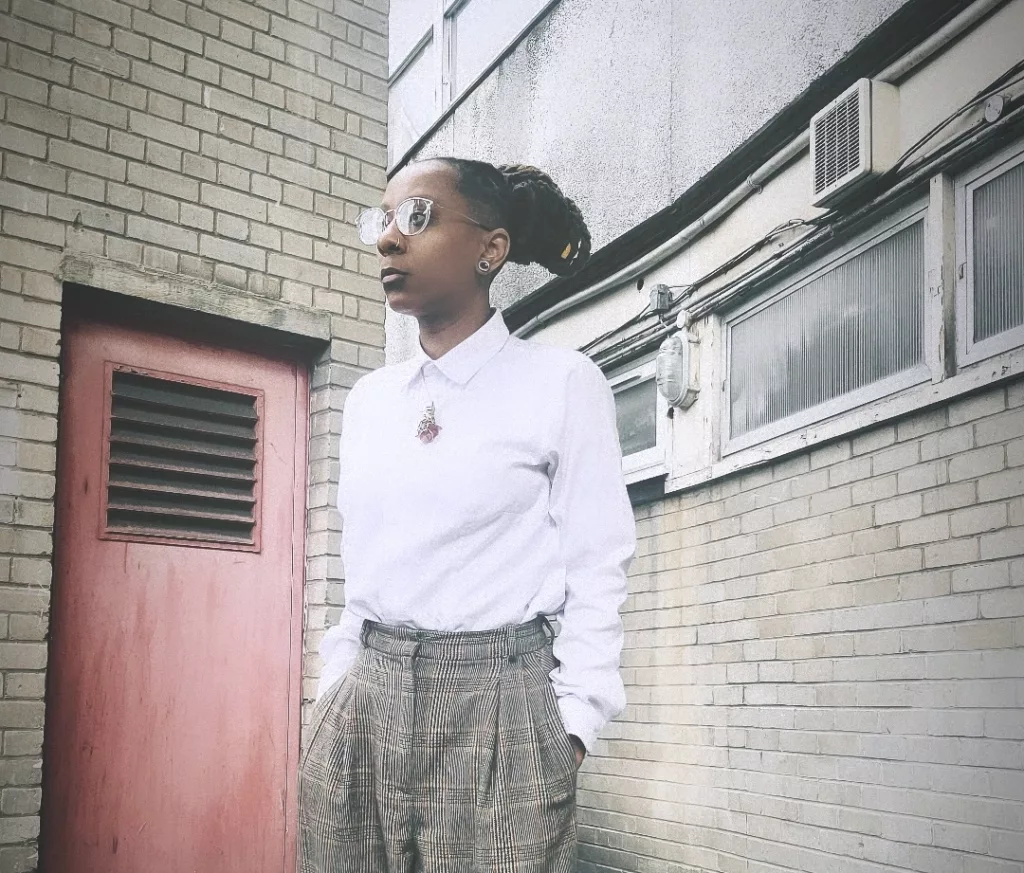
BLACK HISTORY MONTH 2023: COMMUNITY SPOTLIGHT ON KRIS BROWN This month we are celebrating Black History Month UK with Birmingham Pride & SHOUT Festival. Follow us as we shine a spotlight on the incredible LGBTQ+ black individuals making moves in our community, as well as businesses, events and resources in our vibrant city. Meet Kris […]
black history month 2023: community spotlight on soriah lewin
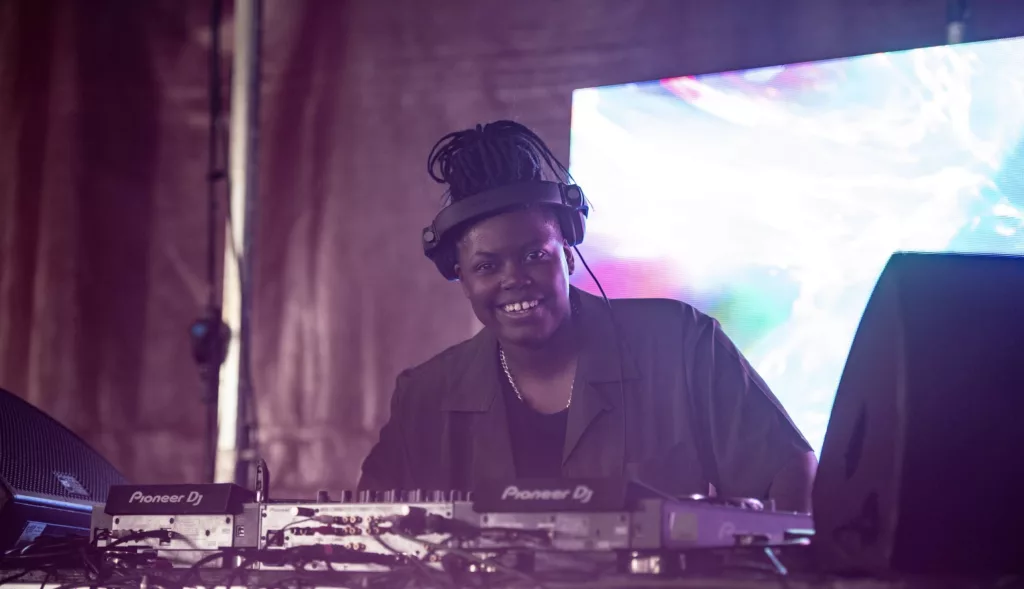
black history month 2023: community spotlight on soriah lewin This month we are celebrating Black History Month UK with Birmingham Pride & SHOUT Festival. Follow us as we shine a spotlight on the incredible LGBTQ+ black individuals making moves in our community, as well as businesses, events and resources in our vibrant city. Meet Soriah […]
*EXTENDED DEADLINE* ARTIST CALL OUT: CELEBRATING BLACK HISTORY MONTH 2023
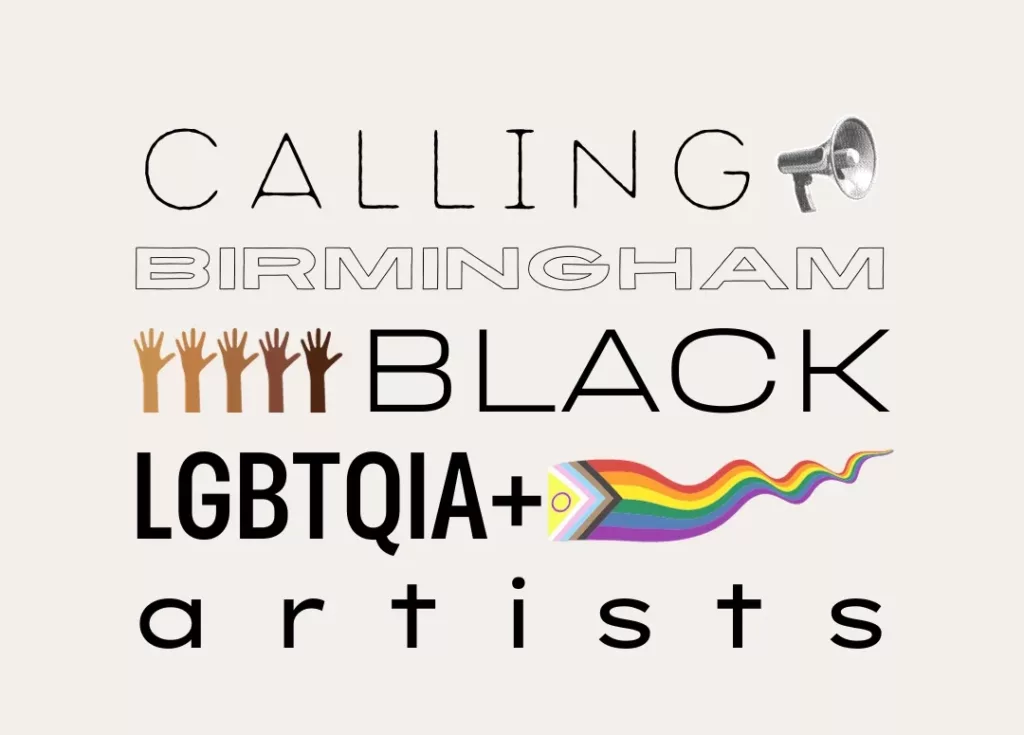
artist call out: celebrating black history month 2023 In partnership with SHOUT Festival and Birmingham Pride, we are celebrating Black History Month 2023 with a creative opportunity! We are offering four paid opportunities to Black LGBTQ+ artists living in Birmingham and the surrounding areas, to create an artwork poster highlighting Black History Month. We would like […]
Trans Day of Visibility: a personal blog by Alexus Savage
Hi, I’m Alexus, and I’m the Trans Wellbeing Support Worker at Birmingham LGBT Centre. Today, I want to talk a bit about what Trans Day of Visibility (TDoV), and what it means to me personally. TDoV is an annual international event on the 31 March which is dedicated to celebrating trans people and raising awareness […]
Census 2021 Statement from the LGBT Sector
Birmingham LGBT has signed up to this statement. For a full list of signatories, visit https://www.consortium.lgbt/2021/02/18/census-consenus-statement/ The England and Wales Census 2021- taking place on 21st March- will ask voluntary questions about your sexual orientation and trans status for the first time. This is a huge step forwards and has come about in part due to […]
Trans Day of Remembrance – 20 November 2020
So, you may well ask – Alexus, what on earth is Trans Day of Remembrance, and why should we care about it? Good question, glad you asked it. A bit of history then. Trans Day of Remembrance, or TDoR was started in 1999 by trans advocate Gwendolyne Ann Smith, as a vigil to honour the […]
